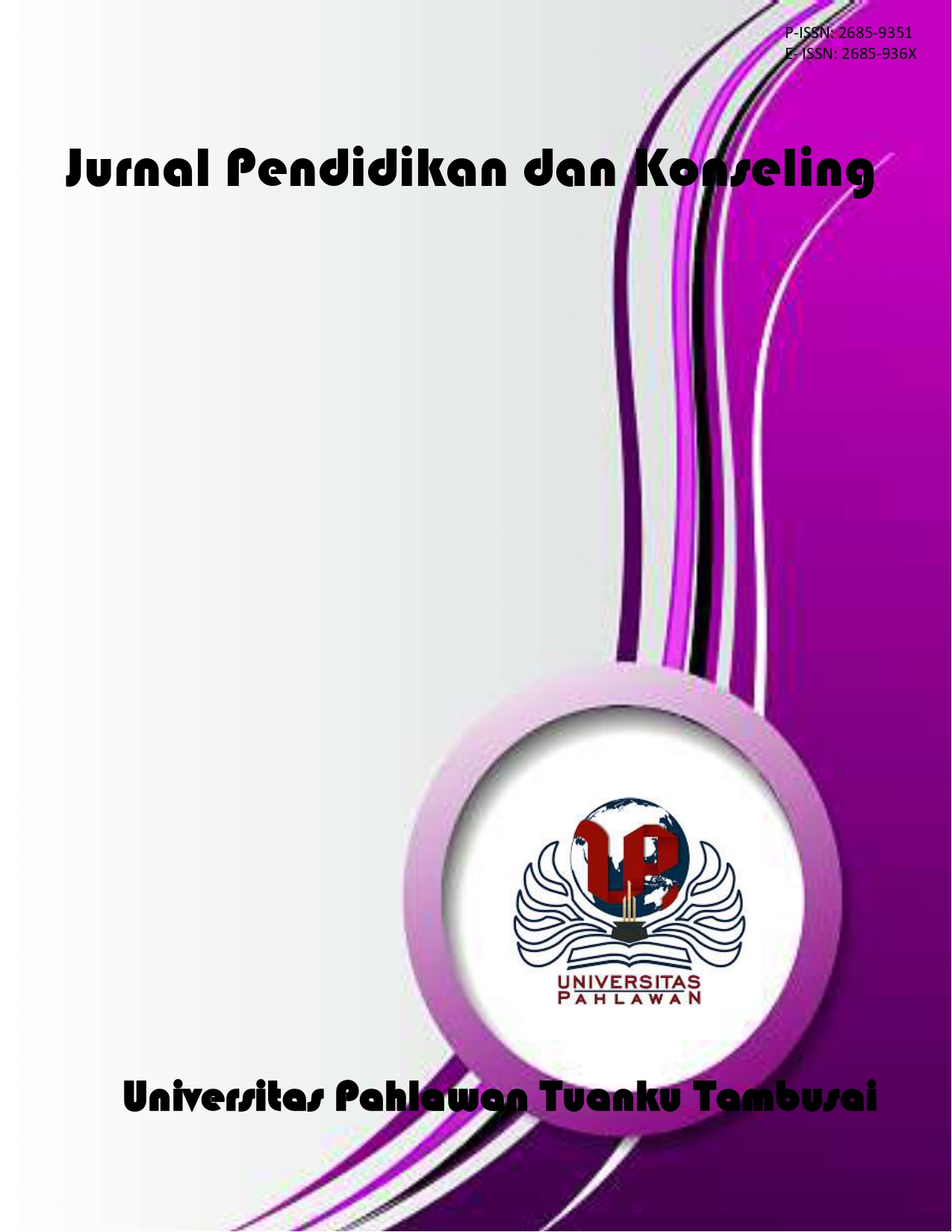Penggunaan Media Diorama Dalam Meningkatkan Hasil Belajar Siswa Kelas VII SMP Negeri 1 Ndona
DOI:
https://doi.org/10.31004/jpdk.v5i3.15582Abstract
Penelitian ini bertujuan untuk mengetahui penggunaan media diorama dalam meningkatkan hasil belajar siswa materi klasifikasi makhluk hidup kelas VII SMP Negeri 1 Ndona. Jenis peneliti?n y?ng digun?k?n ?d?l?h eksperimen deng?n pendek?t?n ku?ntit?tif. Populasi dalam penelitian ini adalah siswa/siswi kelas VII SMP Negeri 1 Ndona yang terdiri dari 6 kelas yang berjumlah 156 orang, dan sampel dalam penelitian berjumlah 30 siswa dengan teknik simple random sampling. Teknik pengumpulan data berupa observasi, wawancara, tes, angket, dan dokumentasi. Analisis data dilakukan dengan uji t. Dari hasil perhitungan uji hipotesis menunjukan bahwa nilai Sig. (2-tailed) sebesar 0,000. Hal ini menunjukan bahwa nilai Sig. (2-tailed) lebih kecil dari 0,05 atau (0,0000,05) maka dapat disimpulkan H0 ditolak dan H1 diterima. Disimpulkan bahwa penggunaan media diorama berpengaruh terhadap hasil belajar siswa materi klasifikasi makhluk hidup kelas VII SMP Negeri 1 NdonaDownloads
Published
2023-06-12
How to Cite
Muthalib, N. B. ., H. Daud, M. ., & M Wae, V. P. (2023). Penggunaan Media Diorama Dalam Meningkatkan Hasil Belajar Siswa Kelas VII SMP Negeri 1 Ndona. Jurnal Pendidikan Dan Konseling (JPDK), 5(3), 296–305. https://doi.org/10.31004/jpdk.v5i3.15582
Issue
Section
Articles
License
Copyright (c) 2023 Nadrahwati Binti Muthalib, Maimunah H. Daud, Veronika P.S.M Wae

This work is licensed under a Creative Commons Attribution-ShareAlike 4.0 International License.
Authors retain copyright and grant the journal right of first publication with the work simultaneously licensed under a Creative Commons Attribution-ShareAlike 4.0 International License that allows others to share the work with an acknowledgement of the works authorship and initial publication in this journal. Authors are able to enter into separate, additional contractual arrangements for the non-exclusive distribution of the journals published version of the work (e.g., post it to an institutional repository or publish it in a book), with an acknowledgement of its initial publication in this journal. Authors are permitted and encouraged to post their work online (e.g., in institutional repositories or on their website) prior to and during the submission process, as it can lead to productive exchanges, as well as earlier and greater citation of published work (See The Effect of Open Access).





.png)










